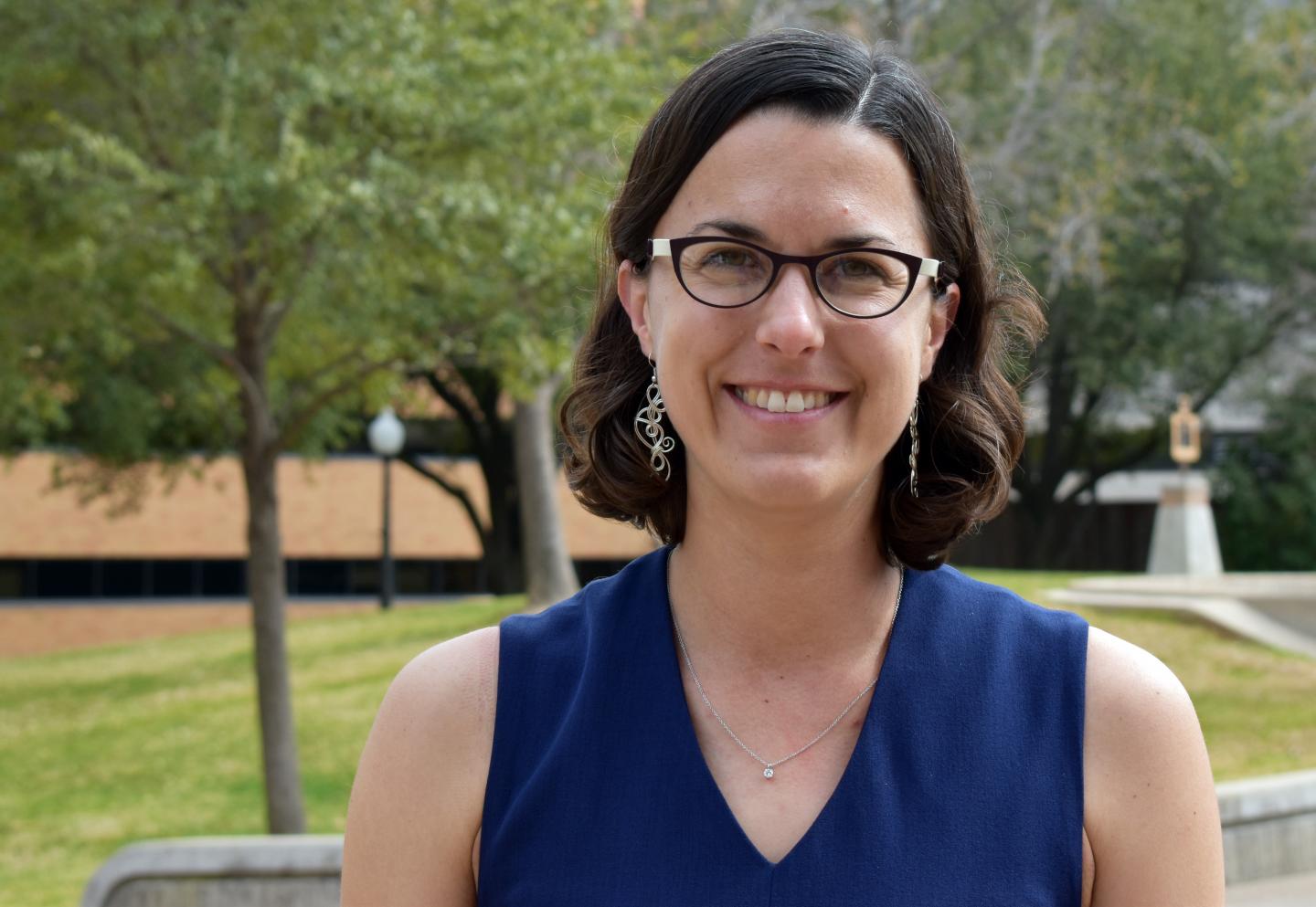Carrying food

Credit: UT Arlington
Small- and mid-scale farmers and ranchers in Texas often face challenges in getting their products to market due to shipping and storage options that can be inefficient and costly.
Caroline Krejci, an assistant professor in the Industrial, Manufacturing and Systems Engineering Department at The University of Texas at Arlington, will use a $299,310 grant from the Southern Sustainable Agriculture Research & Education program to explore how to solve the problem through collaborative transportation and aggregation, opening avenues for cost savings and easier delivery.
“We want to help family farms and ranches figure out how to transport their products to customers throughout their respective regions, but the long-term goal is to connect them and build a network of producers across the state, to leverage regional variations in growing seasons and products. It’s a balance between efficiency and the social aspect of making sure that farmers can thrive and earn a living,” Krejci said.
Texas is a large state with many small-scale agricultural operations, defined for Krejci’s study as farmers and ranchers who are selling produce, dairy, eggs or meat to regional markets or are interested in doing so. Farmers who grow commodities such as cotton are not included in the study.
To reach urban customers, many farmers use their own vehicles to drive to farmers’ markets, but regions often become saturated with too many markets, and competition drives prices down. As an alternative, some farmers sell directly to restaurants and grocery stores, but the small volumes being transported make it very expensive to hire a logistics company, and frequent in-person deliveries are inefficient and time-consuming.
Possible solutions include banding together to fill a truck and bring down shipping costs, or sharing warehousing space.
Krejci has identified farmers in three different regions who have already begun collaborating with other farmers in their communities to create better ways to transport food: a hydroponic farmer in Lucas (northeast of Dallas), an organic vegetable farmer in the Rio Grande Valley who leads the South Texas Alliance of Young Farmers, and a permaculture farmer located northwest of Houston who is a leader in the Waller County Farmers and Ranchers Co-op. Krejci will work with them to determine how to make their collaborations more efficient and resilient and whether there are best practices and technology that could be used to link producers across the entire state.
Krejci’s work is an example of sustainable urban communities, one of four themes of UTA’s Strategic Plan 2020. In addition to helping farmers and ranchers, her research could go a long way in solving the problem of getting fresh food to poorer sections of urban areas, said Paul Componation, chair of the Industrial, Manufacturing and Systems Engineering Department.
“Efficiency in moving and storing goods, as well as growing practices that capitalize on optimal conditions that benefit everyone involved, from growers to consumers, will make a real impact on the economy of the State of Texas, creating better income streams for producers, logistics suppliers and the food industry,” Componation said. “This is a huge project with many upsides, and I’m confident that Dr. Krejci’s work will benefit Texans many times over.”
###
The Sustainable Agriculture Research and Education Program was authorized as part of the 1985 Farm Bill. It supports farmers, researchers and educators in developing practices that improve stewardship, profitability and the social and economic health of farm communities. The Southern SARE region comprises Alabama, Arkansas, Florida, Georgia, Kentucky, Louisiana, Mississippi, North Carolina, Oklahoma, South Carolina, Tennessee, Texas, Virginia, Puerto Rico and the U.S. Virgin Islands.
— written by Jeremy Agor
Media Contact
Herb Booth
[email protected]
Original Source
https:/




